Jaya Saxena with a nice write-up for Eater:
Though meat-free eating has been common in numerous cultures, labels and identities began to harden in the 20th century. The phrase “vegan” was coined in 1944 to stand for “non-dairy vegetarian,” and the Vegan Society soon declared that it opposed the use of any animal products in any capacity, not just in food. As Ethan Varian recently wrote for the New York Times, the word “vegan” has an inherently political connotation. To identify as vegan is to concern oneself with animal rights, with the conditions of slaughterhouse workers, and with the environment. It is not inherently “healthier” (as endless op-eds about Impossible Burger being no better for you than beef will point out), but health isn’t the point; harm reduction is.
The term “plant-based” was coined in 1980 by biochemist Thomas Colin Campbell, who employed it to present his research on a non-animal-product diet in a way that he felt wouldn’t be clouded by politics. He went on to advocate a diet of “whole foods,” though not everyone who eats a plant-based diet focuses on unprocessed and “nutritious” food. Instead of a collective ethical movement, the phrase has come to signal health and the individual, factors which, according to Naro, are why most people give up meat. Of course, that’s a veneer — a bowl of mashed potatoes or a bag of Takis technically qualifies as plant-based, though these items probably aren’t what people think of when they think “healthy.” But the term doesn’t come with the baggage of “vegan.” “Using ‘plant-based’ allows people to feel they’re not joining a specific group for eating a specific way,” says Varian.
